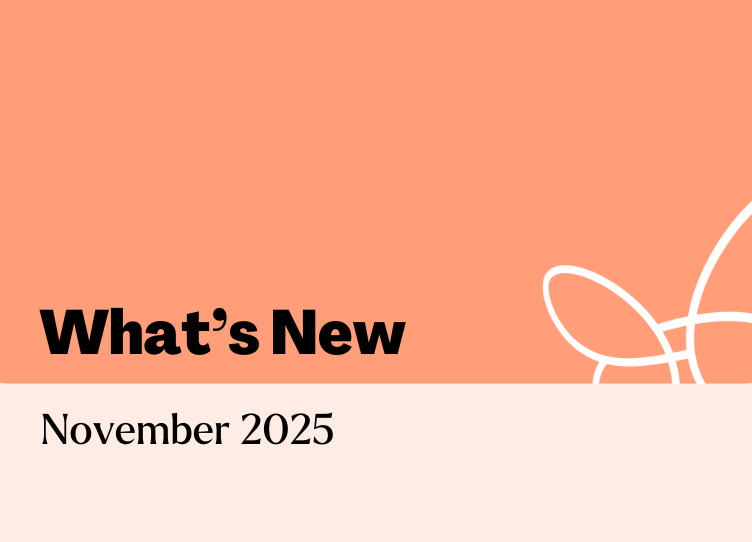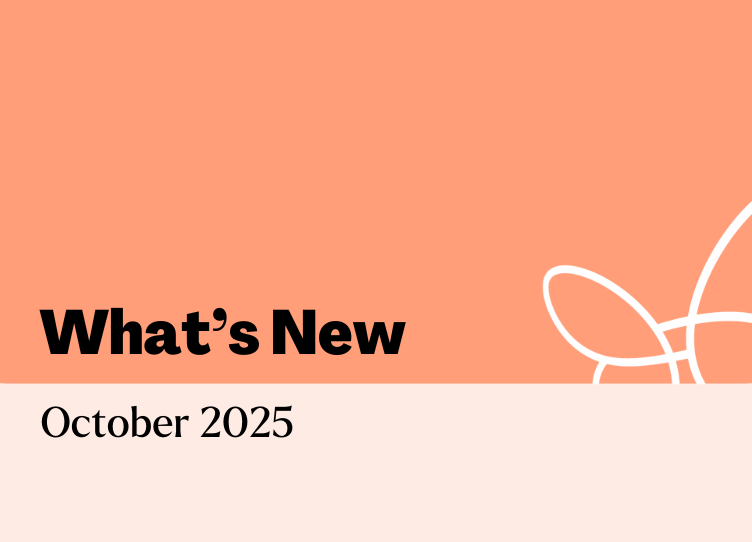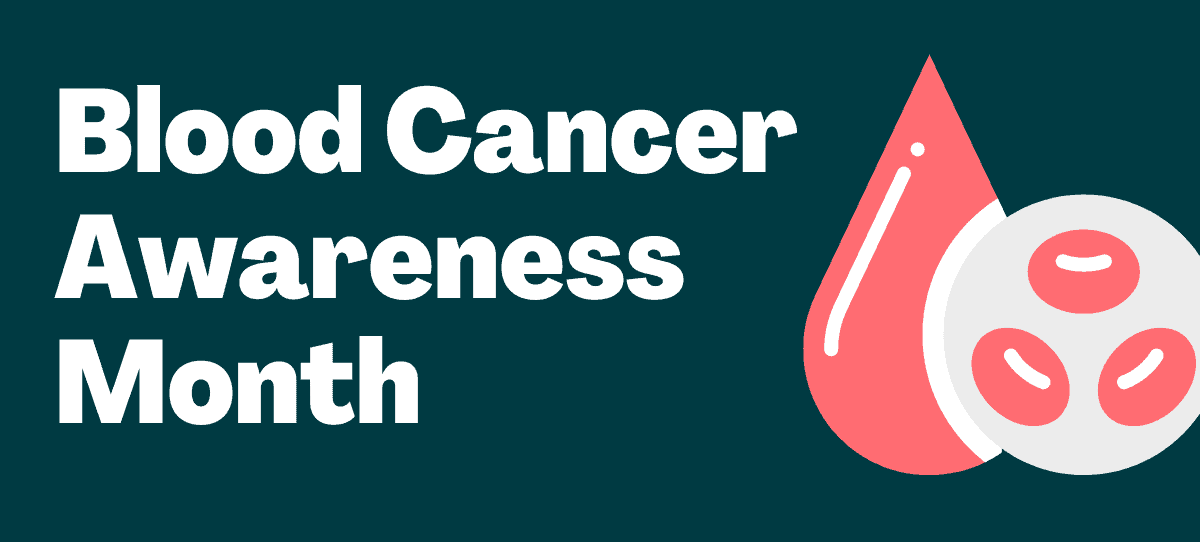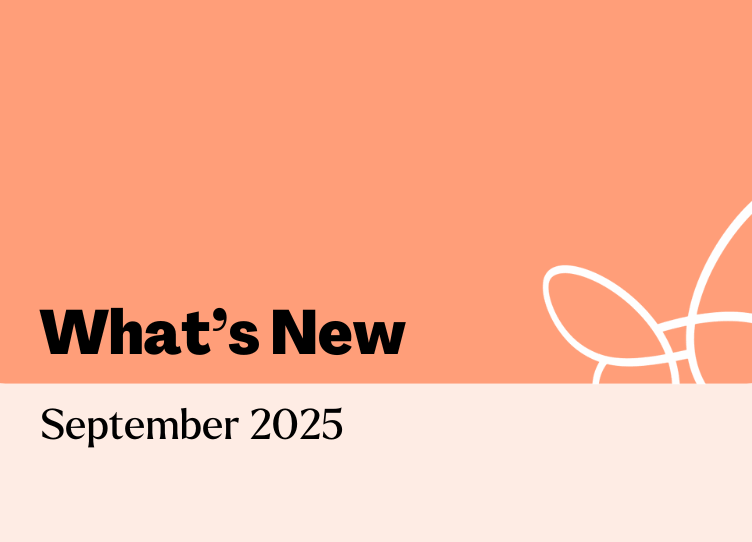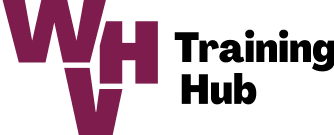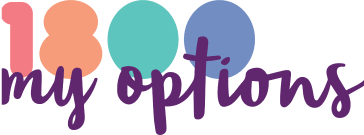What’s new in July
What’s new in July, with links to support, information and other items of interest.
- Join the living with NETs July online program
- Study: Inclusive exercise care for LGBTQIA+ people affected by cancer
- Lung cancer screening is now available
- Melanoma treatment approved on PBS
- Optimal Cancer Care for Aboriginal and Torres Strait Islander People Learning Program
- An Introduction to Supportive Care in Cancer course
- Responding to Emotions in Cancer Workshop
Join the living with NETs July online program
Starting Tuesday 15 July 2025, this free 4-week virtual program is designed to support neuroendocrine cancer patients and carers. Each weekly session runs for 2 hours (1.30–3.30pm AEST) and offers expert-led education on neuroendocrine tumors (NETs), including tests, treatments, wellness strategies, and coping techniques. Participants will gain knowledge, build confidence in self-advocacy, and connect in a safe, supportive environment. Recordings will not be available to ensure privacy.
For more information and to register visit the Neuroendocrine Cancer Australia website.
Study: Inclusive exercise care for LGBTQIA+ people affected by cancer
This study aims to gather the perspectives of LGBTQIA+ people with lived experience of cancer on an e-learning module designed for exercise oncology professionals. The module focuses on trauma-informed care and aims to help professionals understand how trauma can affect a person’s engagement with healthcare and exercise services. The 20-minute training introduces core concepts and includes a case study featuring an LGBTQIA+ individual, highlighting the impact of stigma and discrimination. While the module offers initial guidance and links to further resources, it does not provide in-depth content tailored to LGBTQIA+ clients. Researchers are now seeking feedback to assess the module’s relevance, appropriateness, and potential impact, and to identify ways to improve its value for the community.
Read more and take part on the University of Melbourne website.
Lung cancer screening is now available
The National Lung Cancer Screening Program is a new national health program that launched on July 1. It uses low-dose CT scans to screen for lung cancer in people at high risk, aiming to detect cancer early and save lives.
People eligible for free screening include those who:
- Are between 50 and 70 years old.
- Show no signs or symptoms of lung cancer (e.g., coughing up blood or shortness of breath).
- Have a history of at least 30 pack-years of cigarette smoking.
- Are either currently smoking or quit within the past 10 years.
For full details visit the Department of Health, Disability and Ageing website
Melanoma treatment approved on PBS
Australians with high-risk Stage III melanoma will soon have subsidised access to pre-surgery combination immunotherapy through the Pharmaceutical Benefits Scheme (PBS), following its approval by the PBAC. This marks a major shift in cancer care, with clinical trial results showing significantly improved survival when treatment is given before surgery. The international NADINA trial, co-led by Melanoma Institute Australia, demonstrated the life-saving potential of this approach, setting a new global standard.
With Australia having the highest melanoma rates in the world, this PBS listing ensures equitable access to a breakthrough therapy.
Read more on the Melanoma Institute Australia website.
Optimal Cancer Care for Aboriginal and Torres Strait Islander People Learning Program
Explore the free Optimal Cancer Care for Aboriginal and Torres Strait Islander People Learning Program, an online, culturally grounded course. Learn through the stories of three fictional patients — Daphne, Uncle Brian and Daniel — across four interactive, real-world modules.
The course follows the 2024 Optimal Care Pathway from Cancer Australia to guide culturally safe, patient-centred cancer care. It supports Aboriginal Health Workers and healthcare professionals in improving cancer care for Aboriginal and Torres Strait Islander communities.
Whether you’re in primary care or coordinating treatment, this course offers practical strategies to improve cancer outcomes.
Find out more and enrol in this short short course on the VCCC Alliance website.
An Introduction to Supportive Care in Cancer course
Discover the vital role of supportive care in cancer treatment with the free online course An Introduction to Supportive Care in Cancer. Designed for healthcare professionals, this course offers practical tools to screen, discuss, and address the supportive care needs of people with cancer. Guided by insights from those with lived experience, you’ll explore key supportive care domains, including social determinants of health. You’ll also learn strategies to deliver care that is culturally safe and truly patient-centred.
Developed by WeCan and the VCCC Alliance, this course empowers you to make a meaningful impact in cancer care.
To learn more and enrol in this short course visit the VCC Alliance webpage, Supportive Care in Cancer.
Responding to Emotions in Cancer Workshop
Strengthen your communication skills with the Responding to Emotions in Cancer Workshop, delivered in person by Cancer Council Victoria. This RACP-approved workshop is for trainees and staff to practice responding to emotions using simulated patient scenarios. You’ll receive personalised feedback and build confidence in managing sensitive conversations with patients, families, and carers.
Date and time: 28 July 2025, 9.00am–1.00pm
Location: Room 1, Level 13, Peter MacCallum Cancer Centre, Parkville, Victoria
Limited to 8 participants per session – register now to secure your place.
Visit the VCCC Alliance website for more information and bookings.
